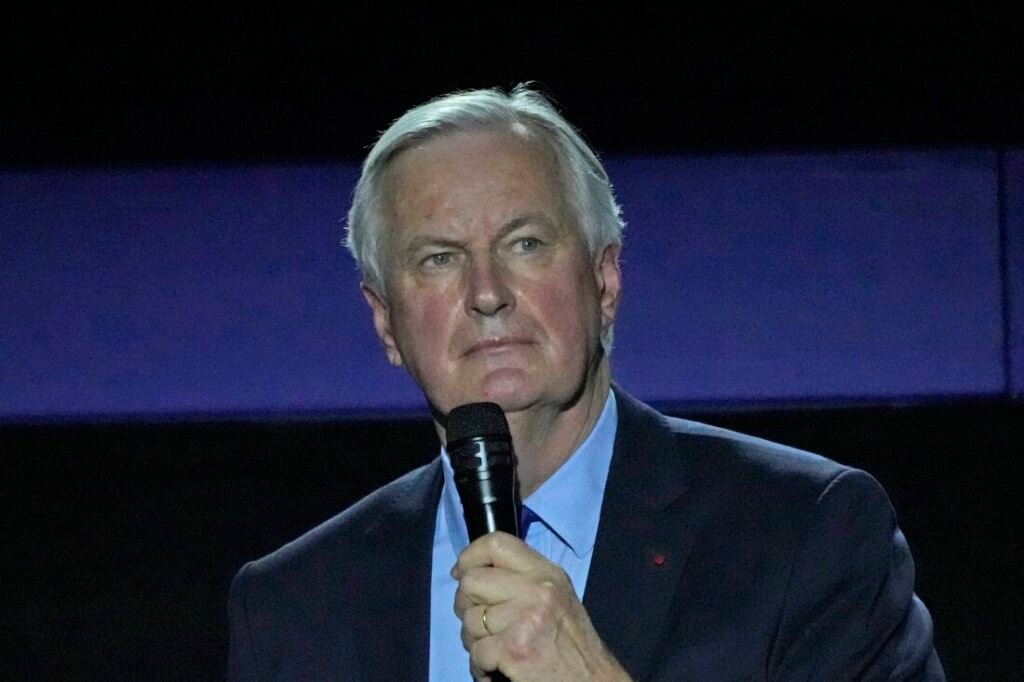Conservative Michel Barnier, France’s new Prime Minister, has promised to maintain some of President Emmanuel Macron’s policies while addressing the challenges of a fragmented parliament. In his first interview since his appointment, Barnier stated that his government, which does not hold a clear majority in the lower house, will include both conservatives and Macron’s allies, and is open to support from members of other political groups, including the left. “There is no red line,” Barnier emphasized, indicating a willingness to collaborate with all interested parties.
Macron appointed the 73-year-old Barnier, a conservative and former EU Brexit negotiator, as Prime Minister on Thursday, concluding a two-month search following the legislative elections that resulted in a hung parliament. Barnier now faces the challenging task of pushing through reforms and the 2025 budget while France is under pressure from the European Commission and bond markets to reduce its deficit.
Barnier indicated he would uphold some of Macron’s controversial reform policies, including the increase in the retirement age from 62 to 64. “We must not call into question this law, which was adopted under very difficult circumstances,” Barnier said, though he expressed a willingness to adjust the policy to better protect the most vulnerable.
The left-wing New Popular Front and the far-right National Rally (RN) hold a majority that could potentially force Barnier out through a no-confidence vote if they join forces. Both groups strongly opposed the retirement age reform.
In a move suggesting a shift toward more conservative policies, Barnier pledged to implement stricter immigration controls. “There still is a feeling that our borders are sieves and that migration flows aren’t being controlled,” he said, adding, “I don’t have much in common with the ideologies of the National Rally, but I respect it.”
Macron’s political opponents had earlier accused the President of allowing Marine Le Pen’s party undue influence, suggesting that Barnier’s appointment was made with tacit support from the far right after a prolonged search for a candidate who would not be quickly ousted by a parliamentary majority. The RN offered tentative support for Barnier’s nomination, stating it would not immediately oppose it but could withdraw support if their concerns about immigration, security, and economic issues are not addressed.


